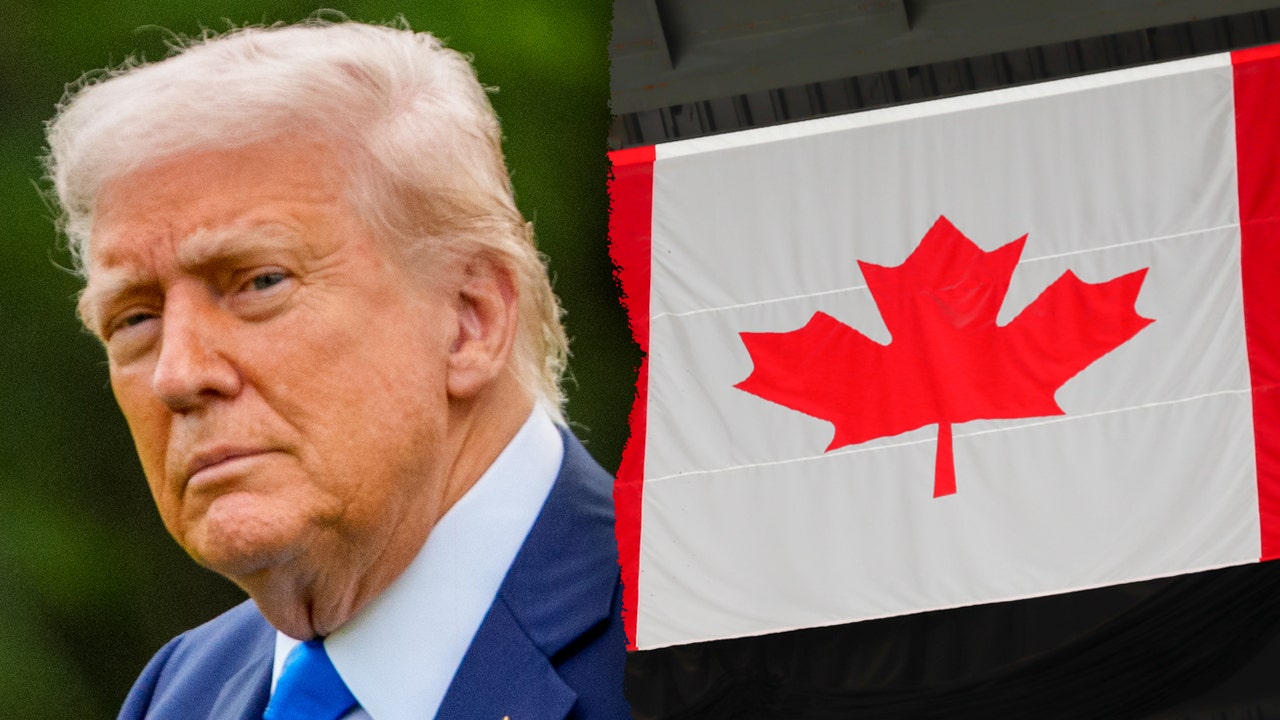Six U.S. Governors invite six Canadian premiers to talk tariffs in Boston

The governors of six northeastern U.S. states have extended an invitation to the premiers of six Canadian provinces to convene in Boston amidst the ongoing challenges posed by tariffs. President Donald Trump’s tariff policies have stirred up controversy both domestically and internationally, prompting a need for dialogue and collaboration between the neighboring countries.
The group of governors comprises five Democrats – Massachusetts Gov. Maura Healey, Maine Gov. Janet Mills, New York Gov. Kathy Hochul, Connecticut Gov. Ned Lamont, and Rhode Island Gov. Daniel McKee – along with one Republican, Vermont Gov. Phil Scott. This bipartisan effort demonstrates the shared concern over the economic repercussions of the escalating trade tensions.
The governors have reached out to the premiers of the Canadian provinces of New Brunswick, Newfoundland and Labrador, Nova Scotia, Ontario, Prince Edward Island, and Québec, with the aim of fostering a constructive dialogue on trade and tariffs. In their official statements, Healey and Mills emphasized the importance of the longstanding relationship between the U.S. and Canada, rooted in both economic benefits and deep cultural ties.
As the U.S. and Canada navigate the uncertainties brought about by tariffs, the governors are committed to maintaining open channels of communication and collaboration. They seek to mitigate the adverse effects of tariffs on both economies, while also promoting cross-border travel, tourism, and mutual economic growth.
Meanwhile, President Trump is scheduled to meet with Canadian Prime Minister Mark Carney, with discussions likely to revolve around trade issues and the prospect of Canada potentially becoming the 51st state. Trump’s stance on tariffs and his desire to renegotiate trade deals have strained the economic and cultural ties between the two countries, as acknowledged by Gov. Mills.
The upcoming meeting in Boston signifies a proactive approach to addressing the challenges posed by tariffs, with a focus on finding mutually beneficial solutions for both the U.S. and Canada. By fostering dialogue and collaboration, the governors and premiers aim to strengthen the bonds between their respective regions and navigate the turbulent waters of international trade policy.




